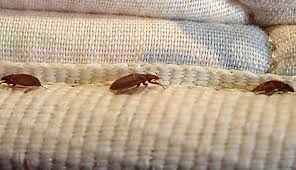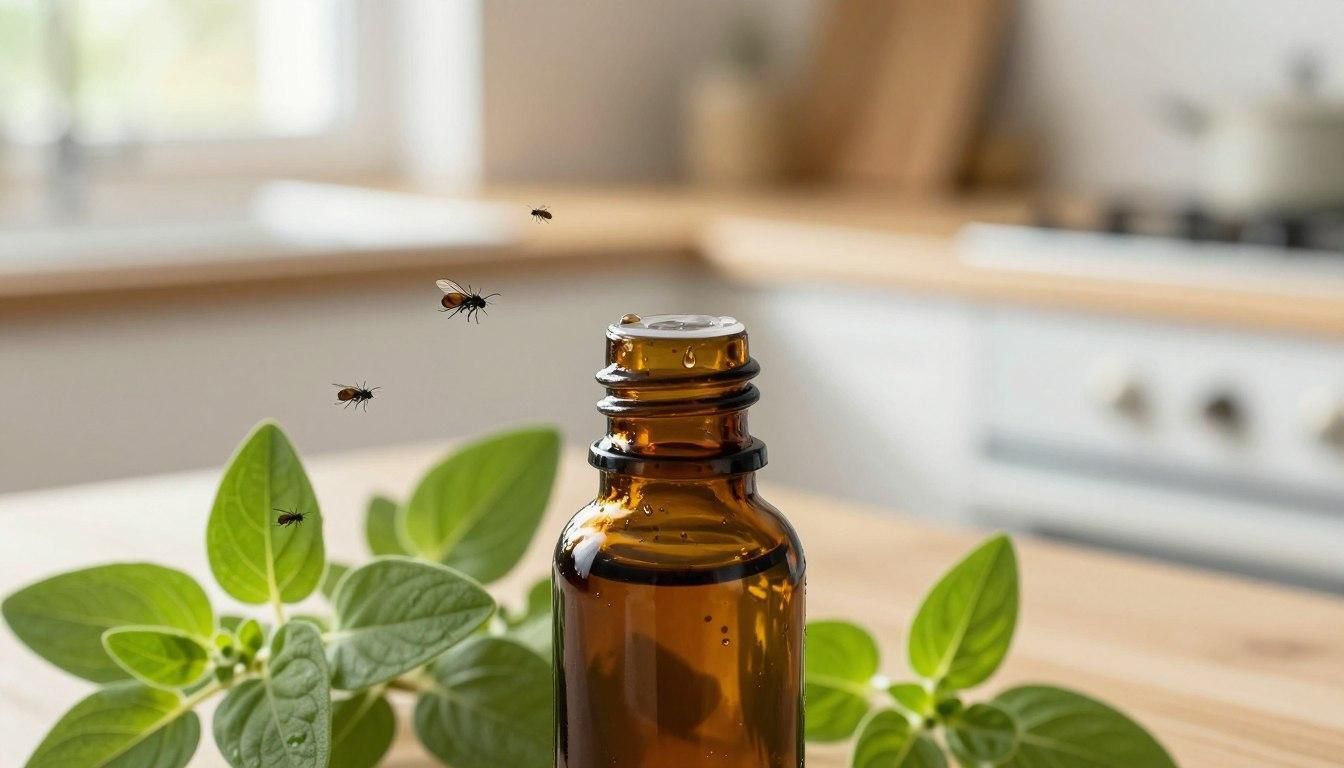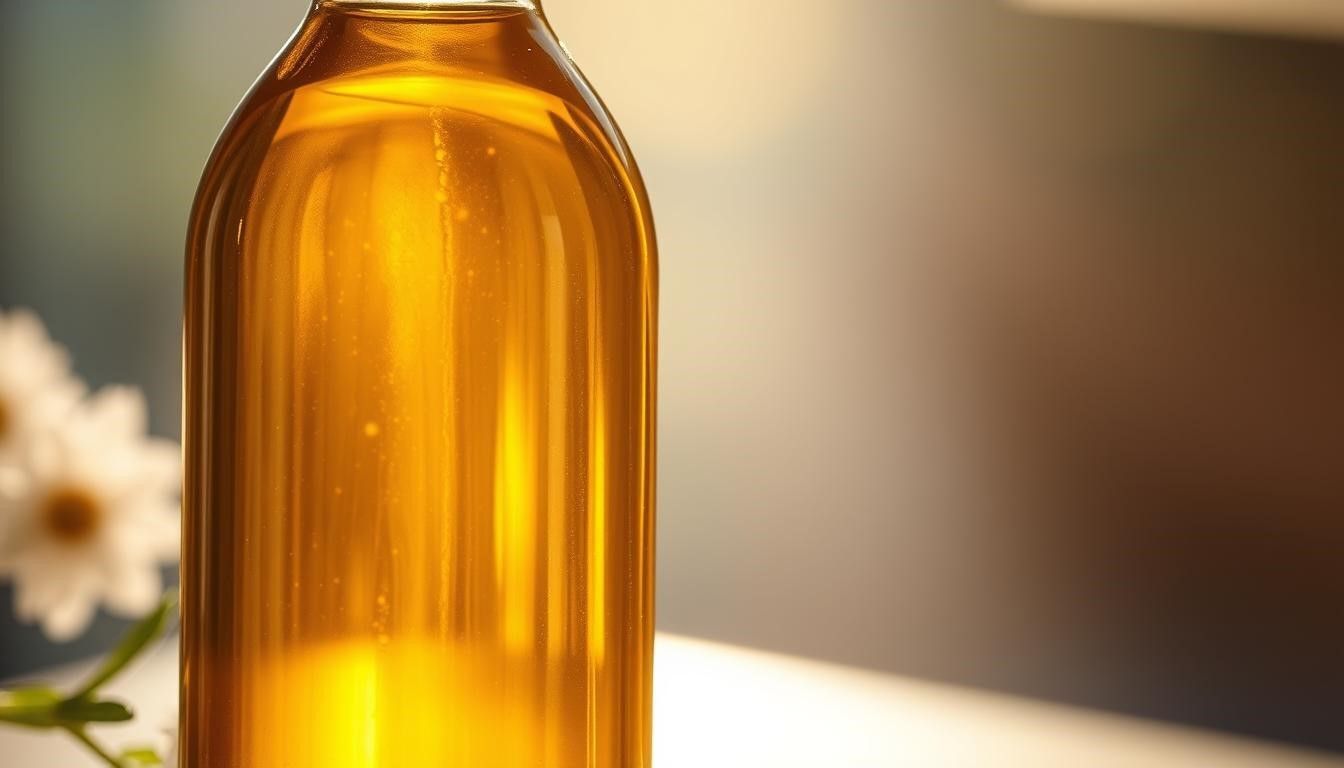Oregano Oil as a Repellent Against Bed Bug, Cimex Lectularius
Oregano Oil as a Repellent Against Bed Bug, Cimex Lectularius

Alizadeh, Ismaeil. (2017). Study The Repellent Of Oregano Essential Oil In Comparison With DEET (N,N-Diethyl-Meta-Toluamide) As A Synthetic Repellent For Personal Protection Against Bed Bug, Cimex Lectularius In Laboratory.
Introduction
Introduction: Bed bug (Cimex lectularius L.), is a nocturnal blood-sucking ectoparasite with public health importance and nuisance in human residential places. Using of repellent components is recommended for personal protection against blood-sucking insects currently. On the other hand, the harmful side effects of synthetic chemical repellents with using directly on the human skin, to find safer alternatives will be considered as a serious necessity. So, this study was aimed to determine the repellency of oregano essential oil against this urban pest.
Materials and Methods
The oregano essential oil was prepared using hydro-distillation method. A gas chromatography-mass spectrometer (GC-MS) was used for analysis and identification of the oregano essential oil compounds. The common bed bug was reared in the laboratory. Repellency assays were carried out on the 4th, 5th instar nymphs and adults of laboratory reared C. lectularius with the treated surface method using Petri dish, animal, and human host.
As posted at ResearchGate
Results
Oregano essential oil was found to have 158 compounds; terpineol and α–terpinene with 22.85% and 20.60% (v/v) formed the highest volumes, respectively. The ED50 and ED99 of oregano essential oil were found to be 1.59 and 6.80 mg/cm2 at 9 h after exposure respectively. The 40% oregano essential oil showed 100% repel activity against C. lectularius at 3, 5, 9 and 24 hours after exposure while the repellency index of DEET 33% was 100% after 3 and 5h and it decreased to 27% after 24 hours in Petri dish test. There was no significant difference between repellency of Oregano essential oil 20% with DEET 33% against the common bed bug. The protection times were 454 and 430 minutes using essential oil 39% and DEET 33% against the bed bug in the animal assay and they decreased to 175 and 6.58 minutes in the human assay, respectively.
Oregano essential oil 40% represented high repellency against the common bed bug infestation compared to DEET33% as the common repellent. Considering that botanical based on pesticides and repellents have fewer side effects for humans and the environment and they provide more convenient and inexpensive, so these compounds can be a good alternative for the synthetics chemicals against the insect pests.



